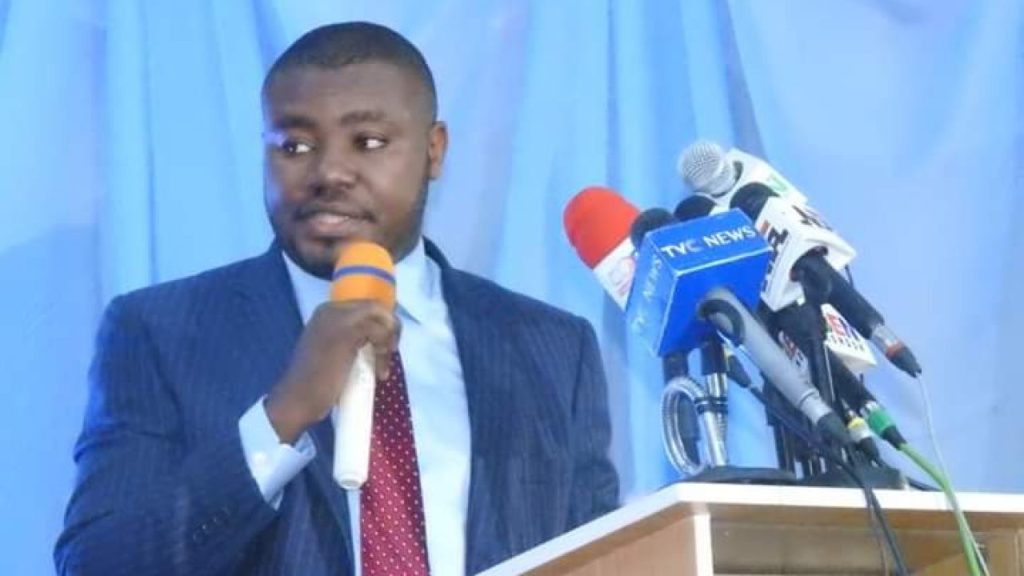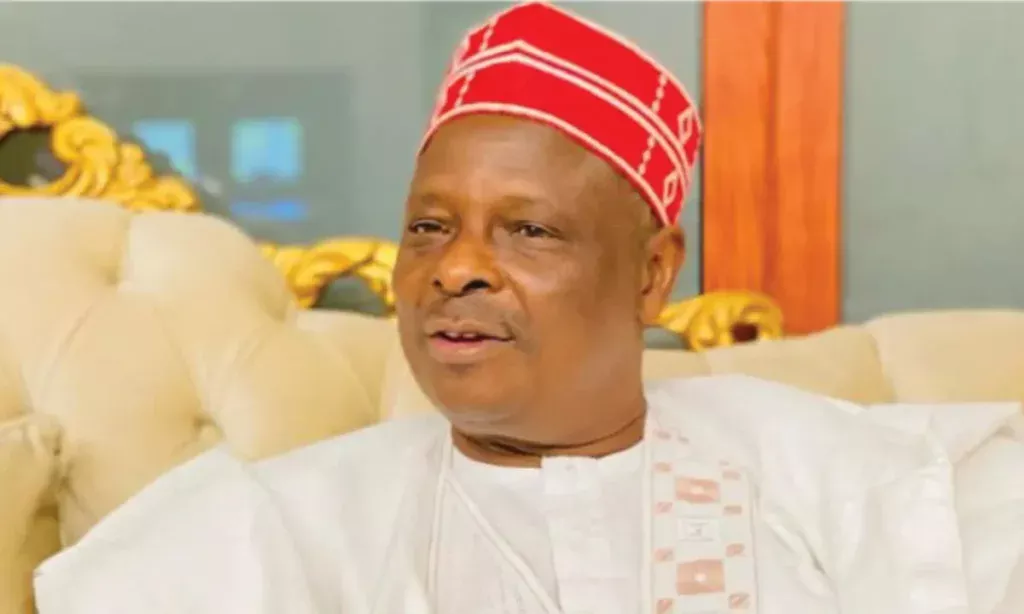The Nigerian National Petroleum Company Limited (NNPCL), led by Group Chief Executive Officer Mele Kyari, has taken a firm stance against the Senate Committee on Appropriation’s proposal to raise the crude oil production benchmark in the 2024 Appropriation Bill. The committee recommended an increase from 1.7 million barrels per day to 1.8 million barrels per day during the budget defense session.
Presenting the N27.5 trillion Appropriation Bill on November 29, President Bola Ahmed Tinubu set the average crude oil production benchmark at 1.78 million barrels per day with a crude oil price benchmark of $77.96. Despite this, the Senate’s suggestion met resistance from the NNPCL management during the session.
Kyari emphasized the company’s commitment to adhere to the benchmarks established by President Tinubu. He underscored that these benchmarks are aligned with global dynamics and cautioned against deviating from the president’s proposal.
In his submission to the committee, Kyari highlighted, “I will advise that we stick to the submission of Mr. President on the quota. We will not get crude oil (for) less than $70. Once economies are growing, there will be sustained demands for crude oil in our country and other countries.”
The backdrop to this debate is the recent data from the Nigerian Upstream Petroleum Regulatory Commission, revealing a decline in Nigeria’s crude oil production to 1.56 million barrels per day in October from 1.57 million barrels per day in September. However, amid this trend, there was a two percent increase in the price of Brent Crude, rising to $75.84 a barrel, driven by US data projecting a demand hike.
The NNPCL’s stand against the Senate’s push for an increased crude oil production benchmark underscores the significance of this debate within Nigeria’s economic landscape. It underscores the delicate balance between domestic production capacity, global market dynamics, and the country’s fiscal planning. This dialogue also offers a glimpse into the complexities faced by major players in the Nigerian oil industry as they navigate the intersection of domestic policy and international market forces.



